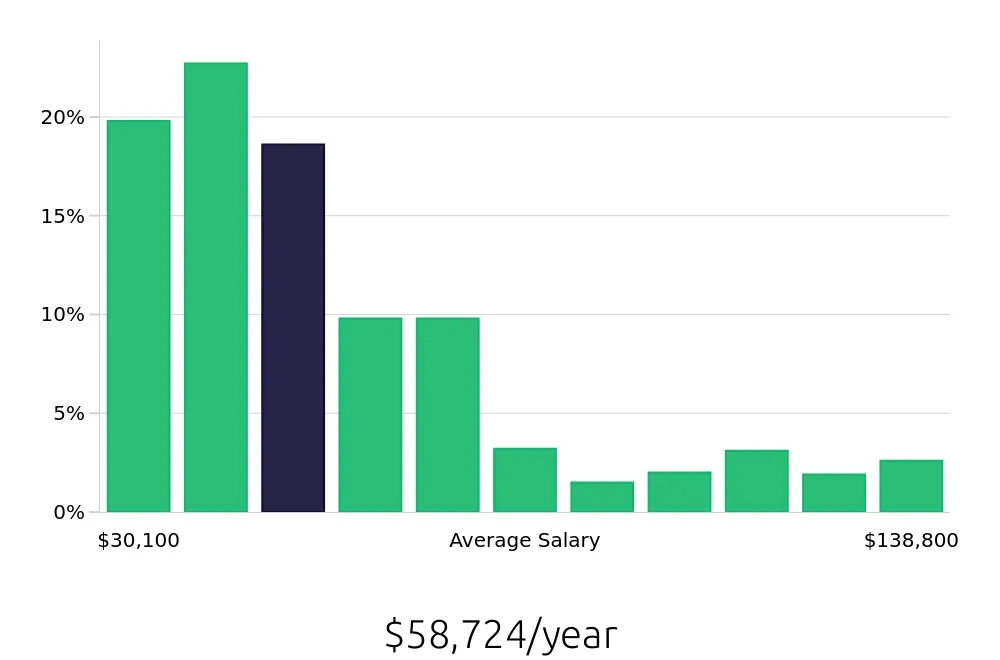Position
Overview
A Healthcare Specialist plays a crucial role in ensuring patient well-being. This professional provides guidance and support to patients, helping them understand their health conditions and treatment options. They often work in hospitals, clinics, and other healthcare facilities. Tasks include reviewing patient records, coordinating care with other healthcare providers, and educating patients about their health. This position requires strong communication skills and a deep understanding of medical practices.
The role of a Healthcare Specialist extends beyond patient care. They also assist in administrative duties, such as scheduling appointments and managing patient information. This position involves working closely with doctors, nurses, and other healthcare professionals to ensure that patients receive comprehensive care. Healthcare Specialists must stay updated on the latest medical guidelines and treatments. Their goal is to improve patient outcomes and enhance the overall quality of care. This role is essential for maintaining a well-organized and effective healthcare system.
Becoming a Healthcare Specialist is a rewarding career choice. It requires dedication, education, and training. The path may seem long, but each step leads closer to making a difference in people’s lives.
The journey to becoming a Healthcare Specialist can be broken down into several important steps. Following these steps can help set someone on the right path. Here are five key steps:
To become a Healthcare Specialist, a person typically spends several years in education and training. This path usually starts with a high school diploma or GED. Many specialists then attend a postsecondary program, which can take one to four years. These programs range from certificates to associate's, bachelor's, or master's degrees. The time spent depends on the specific role and the level of education chosen.
After completing formal education, some specialists need to gain practical experience. This often involves internships or entry-level jobs in healthcare settings. Many roles also require certification or licensure. The steps include passing exams and meeting work experience requirements. The entire process can take between four to seven years. This timeline includes education, practical training, and obtaining necessary credentials.
The Healthcare Specialist is responsible for providing expert medical care and support to patients, ensuring the delivery of high-quality healthcare services. This role involves diagnosing and treating medical conditions, managing patient care plans, and collaborating with other healthcare professionals to deliver comprehensive care.
Responsibilities:
Qualifications
A career as a Healthcare Specialist offers a rewarding path for those passionate about improving patient care. These professionals work in various settings, such as hospitals, clinics, and research institutions. They often assist in diagnosing and treating illnesses, providing crucial support to doctors and nurses. The role involves continuous learning and adaptation to new medical technologies and practices.
Choosing this path has its advantages and challenges. Understanding these can help someone decide if it aligns with their career goals. Below are some pros and cons to consider.
If you are a job seeker interested in the healthcare field, becoming a Healthcare Specialist offers promising opportunities. The U.S. Bureau of Labor Statistics (BLS) reports that there are approximately 18,100 job positions available each year for Healthcare Specialists. This number highlights a steady demand for qualified professionals in this role.
The job outlook for Healthcare Specialists looks positive, with a projected 5.4% increase in job openings from 2022 to 2032. This growth rate indicates a growing need for skilled healthcare specialists in various settings. Factors such as an aging population and advances in medical technology contribute to this upward trend.
Healthcare Specialists can also look forward to a competitive salary. The average national annual compensation stands at $48,430, with an hourly rate of $23.28. These figures reflect the value placed on the expertise and care provided by professionals in this field. For those entering or considering a career as a Healthcare Specialist, these statistics paint an encouraging picture of future employment and earnings.
